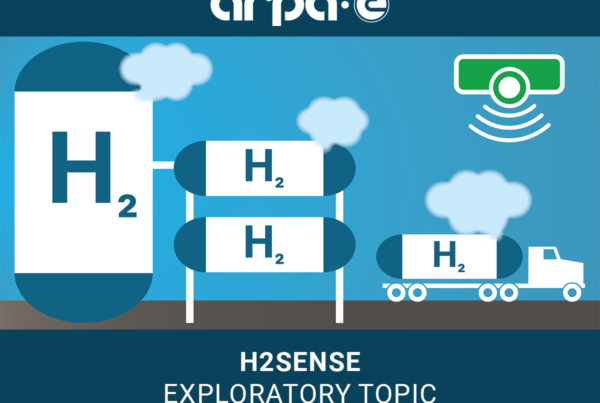
The International Energy Agency (IEA) has confirmed natural gas, carbon capture technology and all low-carbon hydrogen pathways will be needed if the world is to reach net zero by 2050.
Australian Energy Producers Chief Executive Samantha McCulloch said the IEA’s Net Zero Roadmap Update identified the importance of gas in providing affordable and reliable energy as we transform to net zero.
The IEA analysis recognises that gas will play a long-term role in the global energy mix and that continued investment is required in existing gas assets and already approved projects. Total gas demand in 2050 under the net zero scenario is still many multiples of the volume of gas Australia produces today.
“In Australia, new gas supply will provide a safety net for the energy system — avoiding blackouts and putting downward pressure on prices. The IEA highlights the importance of gas is amplified if renewables and other technologies are not able to be deployed at the scale and pace required under this ambitious global pathway,” Ms McCulloch said.
The IEA stated “some new sources of supply would need to be approved for development over the next few years” if we see delayed action elsewhere.
Ms McCulloch said the IEA had always emphasised that every country had to chart its own path and the need for new gas supply in Australia and the region had only escalated since the original 2021 Net Zero report.
“Australia’s own energy market authorities, the Australian Energy Market Operator and the Australian Competition & Consumer Commission, are repeatedly highlighting future shortfalls and the need for new gas supply,” she said.
Ms McCulloch called on governments to heed IEA warnings that carbon capture utilisation and storage (CCUS) and all low-carbon hydrogen pathways need more policy support to boost deployment.
“The momentum for CCUS is growing in Australia and around the world but the IEA says rapid progress is needed by 2030 and hinges on cutting project lead times,” she said.
“Global CCUS deployment needs to increase by over 130 times by 2050, and low-carbon hydrogen by over 400 times, with action urgently needed from policy makers for both technologies.”
Read the most up to date Fuel Cell and Hydrogen Industry news at FuelCellsWorks




